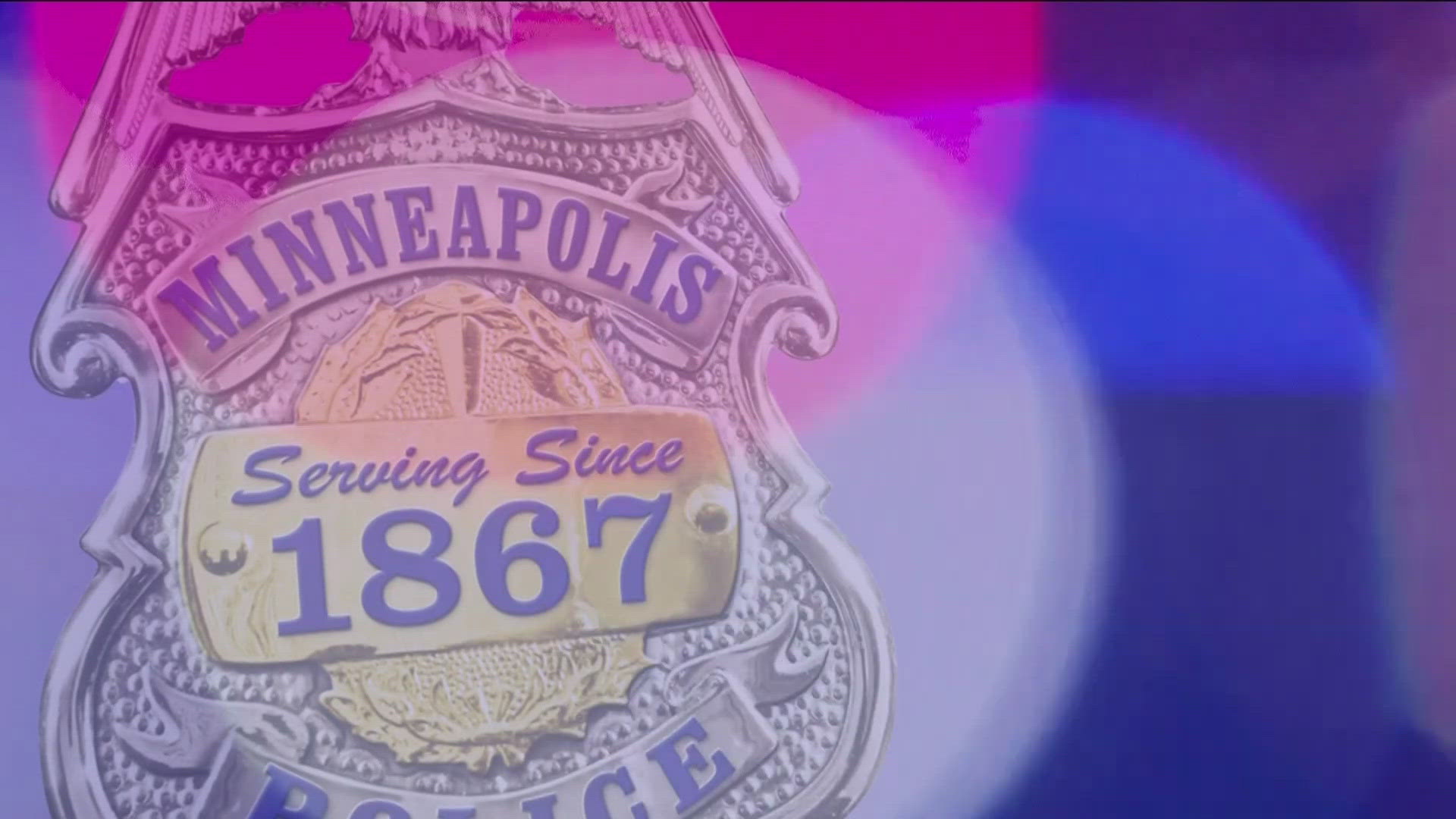MINNEAPOLIS — More than a year after the City of Minneapolis and the Minnesota Department of Human Rights agreed on a settlement agreement to reform the MPD following the police killing of George Floyd, details on how the plan will be enforced have been released.
The nonprofit, Effective Law Enforcement for All (ELEFA), which was contracted by both parties to ensure compliance with the court-enforceable agreement released its revised "Implementation Progress Evaluation Plan" on Thursday.
"On behalf of the Implementation Team, we look forward to partnering with the City, the MPD, the Minnesota Department of Human Rights (MDHR), and the Minneapolis public to achieve the Agreement’s eagerly anticipated and laudable goals," the plan states.
The plan breaks down the goals the MPD will need to meet to reach compliance with the agreement into three phases:
1. Foundational Phase: Goals in this phase include:
- Revising policies and training
- Improving officer performance based on new standards
- Advancing a culture of accountability
- Improving officer wellness and working conditions
- Implementing technology system upgrades
"Based on the IE (Independent Evaluator) Team’s 90-day assessment and the City’s input, the IE Team expects many of the activities needed to complete the foundational phase to be achieved within the next two years," according to the plan.
2. Evaluation Phase: Goals in this phase include:
- Public and officer surveys
- Community and officer input and feedback
- Independent evaluator monitoring, technical assistance and progress reports
"As foundational milestones are completed, the IE Team will begin auditing and evaluating the MPD to assess compliance. The IE Team’s evaluation will include (1) policy, procedure and training reviews, (2) assessment of reports and data, (3) inspections of MPD facilities, (4) audits of MPD activity, and (5) solicitation of feedback from MPD members and the Minneapolis community," according to the plan.
3. Compliance Determination Phase: The final phase of the plan includes audits, inspections and assessments.
"The IE Team will then assess and report to the Parties and the Minneapolis community on compliance with the Agreement’s requirements. Finally, pursuant to the Agreement, the IE Team is prepared to provide technical assistance to the City and MPD to facilitate timely and efficient implementation when requested," according to the evaluation plan.
The plan also focuses on improving the MPD's use of body-worn cameras.
"Until recently, the MPD did not evaluate whether BWCs were being muted or temporarily deactivated during calls for service, nor were they evaluating whether activations were occurring in a timely manner," said the plan, which calls for a review to all body camera policies in its first year.
The state settlement with MDHR lasts four years, but if MPD does not gain compliance by then, the agreement could continue indefinitely.
The city and police department will be expected to hit certain benchmarks at the end of each of the four years, as auditors review progress on changes to non-discriminatory policing, use-of-force policies, crisis intervention and training.
Effective Law Enforcement for All posted the full plan on its website.
"We want to see trained officers held accountable," said President of the Independent Evaluator Effective Law Enforcement for All (ELEFA) David Douglass. "We want to see their supervisors making sure that they've learned the lessons of the new policies and training and that they're acting appropriately."
KARE 11 asked Douglass what his message would be to someone who is skeptical that actual changes and improvements are going to be made.
"I guess I would ask them to have faith that change is possible because we've seen it happen elsewhere," he said. "We're asking members of the Minneapolis Police Department to do things they haven't done before, to learn, to think and act in new ways."
Both state and federal investigations found a pattern of racial discrimination within the MPD and specifically faulted training procedures. For example, the Minnesota Department of Human Rights found "deficient training and guidance for [MPD] officers, which exacerbates a pattern of discriminatory, race-based policing, "while the DOJ investigation cited "persistent deficiencies in MPD's accountability systems, training, supervision, and officer wellness programs, which contribute to the violations of the Constitution and federal law."
Under the terms of the settlement agreement, MPD must bring in outside "community-based trainers" to enhance overall training policies.
“Since day one as the Chief of the Minneapolis Police Department, I have continually worked diligently to reform the culture of this department,” said MPD Chief Brian O’Hara in a statement. “From patrol officer to executive staff, every member of this agency is working tirelessly to reduce crime while building community trust. ELEFA’s publication of their evaluation plan is an important step as we reform and rebuild the MPD.”
ELEFA is seeking an extension on the deadlines set in the city's settlement agreement with MDHR, as the eight months between the agreement's original effective date (July 2023) and the appointment of ELEFA in March 2024 "would have created a number of challenges in meeting deadlines and risking non-compliance for reasons that were beyond the control of the City or MDHR," according to a city news release.

